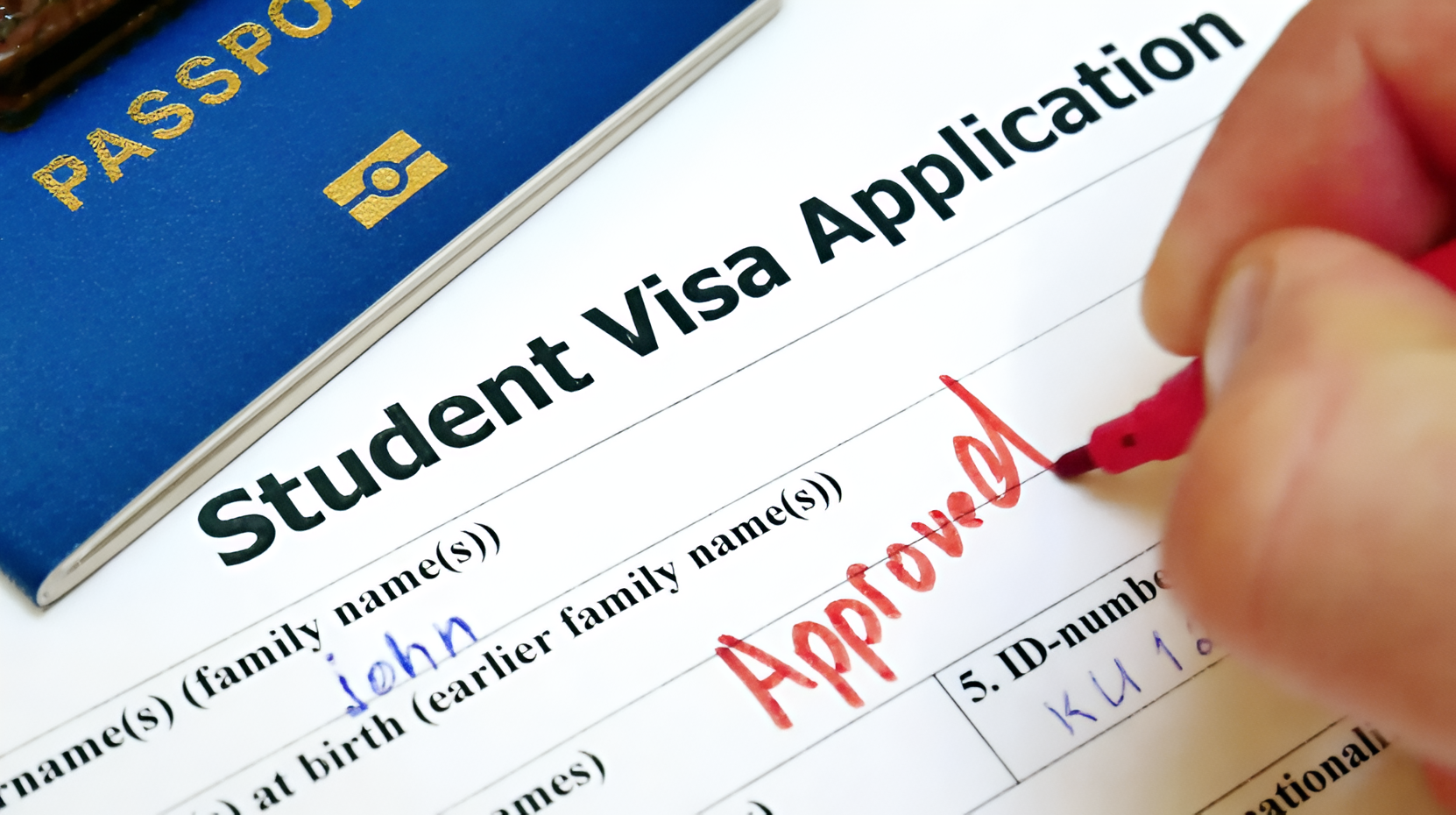The United States Department of State recently announced new U.S. social media rules for all international students applying for visas in 2025.
All F, M, and J nonimmigrant hopefuls are now required to set their social media profiles to public for intense government scrutiny.
Applicants are now required to ensure all social media accounts—Facebook, Instagram, X, LinkedIn, TikTok, and beyond—are fully public during the vetting process.
The U.S. Department of State explained that consular officers will comb through applicants’ posts, comments, and interactions over the past five years, hunting for any red flags like anti-American sentiment or extremist views.
Effective since June 18, 2025, the U.S. Department of State added that the policy aims to bolster national security by allowing consular officers to dive deep into applicants’ online presence.
Pan-Atlantic Kompass in this article dives into how international students can navigate the new U.S. social media rules in 2025:
1). Provide Details of Social Media Accounts:
Applicants are now required to list all social media accounts on their DS-160 form before scheduling a visa appointment.
2). Set All Profiles to Public:
Applicants should ensure they adjust privacy settings on every social media platform listed on the DS-160 to public.
This is to ensure that consular officers have access to check the social media accounts.
3). Audit Your Online Presence:
Before the consular officers do, applicants should ensure they review their profiles. Delete posts that could be misinterpreted as hostile toward the U.S., its culture, or its institutions.
4). Be Transparent and Consistent:
Applicants must ensure the names, education, and other information on their social media accounts match the ones on the visa application.
5). Monitor Your Activity:
While the application is pending, applicants should avoid posting controversial content. Consular officers may check profiles multiple times, so applicants are expected to keep their online behavior squeaky clean.
6). Prepare for Interviews:
Applicants must be ready to discuss their social media activity. Officers might ask about specific posts or interactions, so applicants should know their content inside out.




